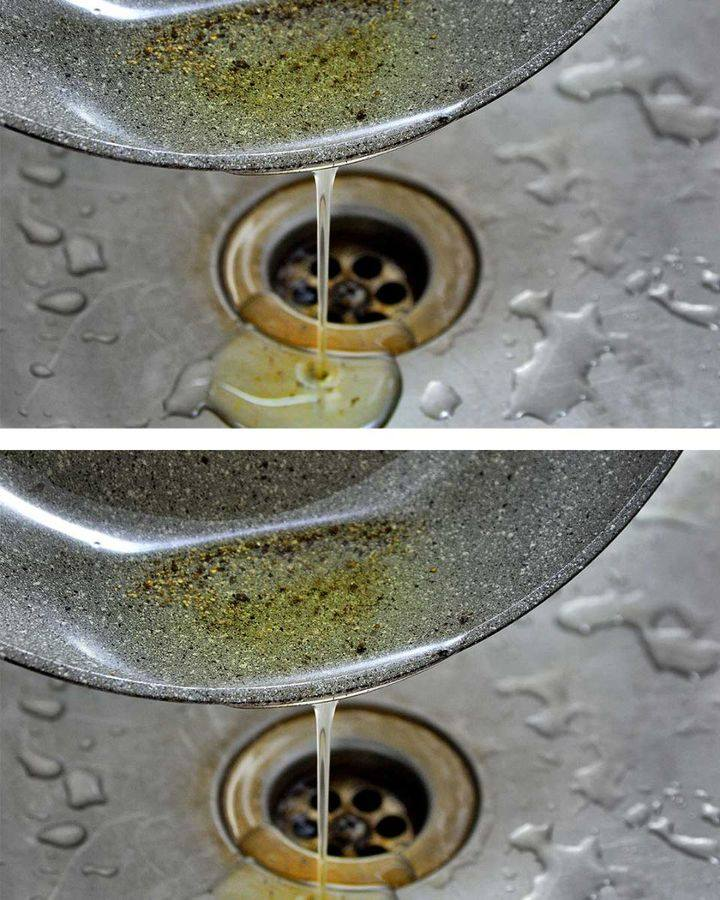ADVERTISEMENT
Any regular culinary enthusiast should be versed in the nuances of oil disposal. The manner in which we discard cooking oils can have profound repercussions on our plumbing systems and the environment. Addressing the consequences of improperly disposed cooking oil—such as clogged pipes and disrupted sewage systems—can become quite costly. The accumulation of fats, oils, and greases (FOGs) poses a threat not only to local wildlife but also to wastewater treatment infrastructures.
If you’re uncertain about the proper method for disposing of cooking oil, this article aims to elucidate why pouring it down the drain is inadvisable. By the end, you will be equipped with the knowledge to discard food remnants in an environmentally conscious manner. This awareness benefits both your home’s plumbing system and the broader ecosystem.
Why You Shouldn’t Pour Oil Down the Kitchen Sink
Harm to Wildlife Oil that enters natural water bodies can coat the feathers and fur of animals, reducing their buoyancy and insulation. This exposure can be fatal for wildlife.
Costly Repairs Repairing damaged sewage systems and clearing blocked pipes can be a tedious and expensive process. Proper disposal of oil can help households and communities save substantial amounts of money in the long run.
How to Dispose of Used Cooking Oil Properly
continued on next page
